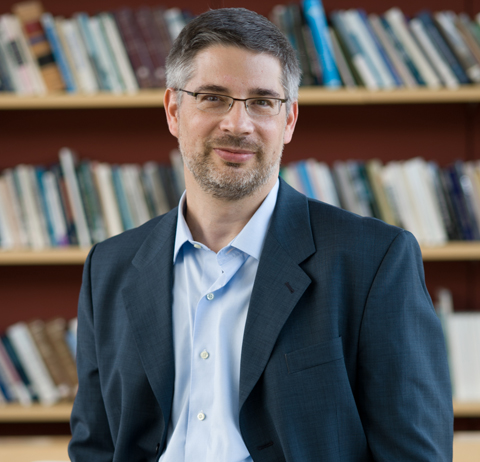
FROM POT TO PORN Andreas. |
In the epilogue of his recently published book, Smuggler Nation: How Illicit Trade Made America, Peter Andreas describes an informal poll he took with his "Politics of the Illicit Global Economy" students at Brown University. When he asked how many had bought counterfeit goods, illegally downloaded music or movies, or were actually wearing knockoff clothes at the present moment, hands went up in the lecture hall every time.
Andreas didn't bother asking about underage drinking or illicit drug use, he writes; he already knew the data ("In one poll, more than 40 percent of the students polled indicated they had used marijuana that semester"). He also didn't ask about students' immigration statuses or how their parents had entered the US. He had a sense of those numbers, too.
And yet this story hardly means we should frown on Brown, Andreas says. "Brown, like other institutions of higher education, is a smuggler university within a smuggler nation embedded in a smuggler world."
The anecdote is a fitting capstone for a book that begins, too, in Rhode Island with a description of the 1772 burning of the British customs schooner HMS Gaspee in Narragansett Bay — a smugglers' triumph still celebrated and reenacted near Providence, Andreas's "adopted hometown." From there, the author explores countless variations on what he defines as "bringing in or taking out from one jurisdiction to another without authorization": from the illicit transport of cotton to booze to Ecstasy to Cambodian children whose illegal adoptions are arranged by "baby broker[s]."
"Smuggling, it turns out, has been as much about building up the American state as about subverting it," he writes.
Andreas, interim director of Brown's Watson Institute for International Studies, will dive into the book's sprawling "pot to porn" subject during a salon at the Athenaeum this upcoming Friday. We caught a preview of his thoughts via email as he returned from a two-week European book tour.
Our conversation has been edited and condensed.
DOES BANNING THINGS — FROM PORNOGRAPHY TO ALCOHOL TO MARIJUANA — EVER WORK? Well, it worked in the case of banning the slave trade — but only when slavery itself was also abolished. In other words, demand was also targeted, not just the trade. But this success story is all too rare. All too often, prohibitions and bans not only don't work terribly well but have many perverse and unintended consequences.
YOUR BOOK POINTS OUT THAT THE US IS BOTH THE WORLD'S LEADING ANTI-SMUGGLING CRUSADER AND LEADING IMPORTER OF SMUGGLED GOODS AND LABOR. CAN EVERYDAY PEOPLE DO ANYTHING TO REDUCE THIS HYPOCRISY, OR IS IT SOMETHING ONLY LAWMAKERS AND LAW ENFORCERS CAN CHANGE? Well, the first step is to overcome the denial and at least recognize the full extent of the hypocrisy, past and present. All the fingerprinting outward has distracted and diverted attention away from our own complicity. One of the most obvious examples is the intellectual property theft debate, where American officials are essentially telling China and other countries "do as I say, not as I did." After all, the US was a hotbed of intellectual property theft in the 19th century, and early American industrialization depended on outright theft of British technologies.